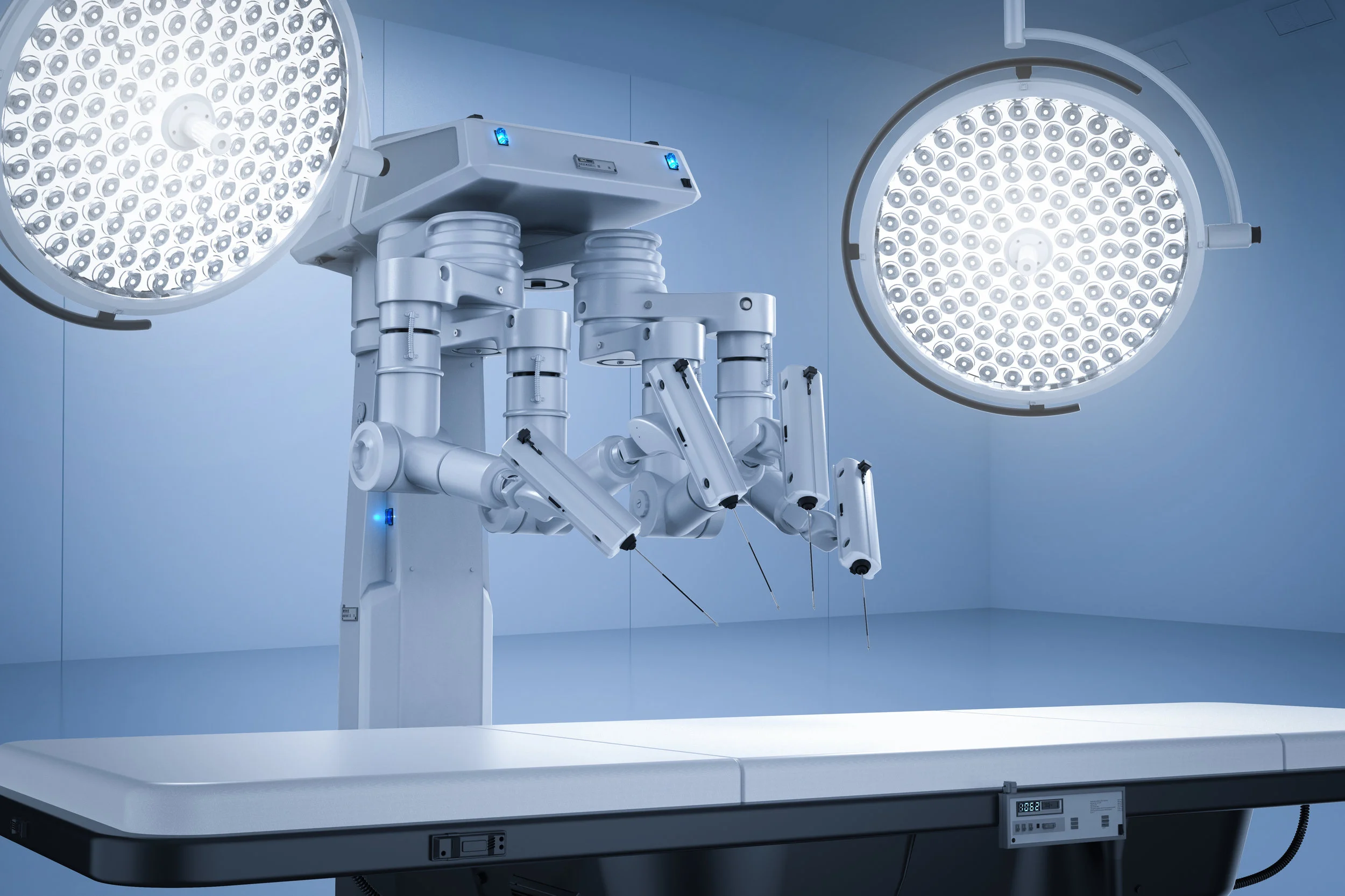A colectomy is a surgery that removes all or part of the large intestine. Traditionally, colectomies are used to treat colorectal cancer, diverticulitis and blockages caused by scar tissue. A new technology is making the process easier and more streamlined than ever. Below, we discuss everything you need to know about robotic colectomy including what it is, how it works, and what it’s used to treat.
What is a robotic colectomy?
Robotic colectomy employs the use of robotic arms to ensure greater proficiency in the colectomy. This method provides a surgeon with enhanced vision, greater adroitness, and refined precision when performing a colectomy, which is a very involved surgery. The robotic technology makes it possible for many patients to have a minimally invasive alternative to a traditional, open colectomy for colon cancer treatment, which is much more extensive.
As compared to an open surgical procedure or a traditional laparoscopic procedure, a robotic colectomy offers many benefits, including:
A reduced risk of surgical complications by human error
Less disruption of tissue surrounding the surgical site
A shorter hospital stay
Minimal scarring
Normal bowel function returns more quickly
How does a robotic colectomy work?
In an open colectomy, one long incision is made in the wall of the abdomen and doctors can see the colon directly. During robotic colectomy, the instruments a surgeon would normally hold as well as a small camera are attached to robotic arms. These arms are controlled by a specially trained surgeon from a nearby computer console. The robotic arms imitate the surgeon’s dexterous movements and can also bend and rotate in ways a human hand cannot, making it possible to reach deeper areas inside the body.
What does robotic colectomy treat?
As mentioned, robotic colectomy is used to aggressively treat colon cancer. In addition, robotic colectomy can also be used to treat:
Bowel obstruction
Crohn’s disease
Ulcerative colitis
Chronic or severe diverticulitis
Genetic conditions that increase your risk of colon cancer, including Lynch syndrome and familial adenomatous polyposis
If you have been diagnosed with colon cancer, your doctor will discuss your options of treatment, which may include surgery. If you’re interested in robotic colectomy, be sure to ask your colorectal specialist any questions and share any concerns you may have with the procedure.

